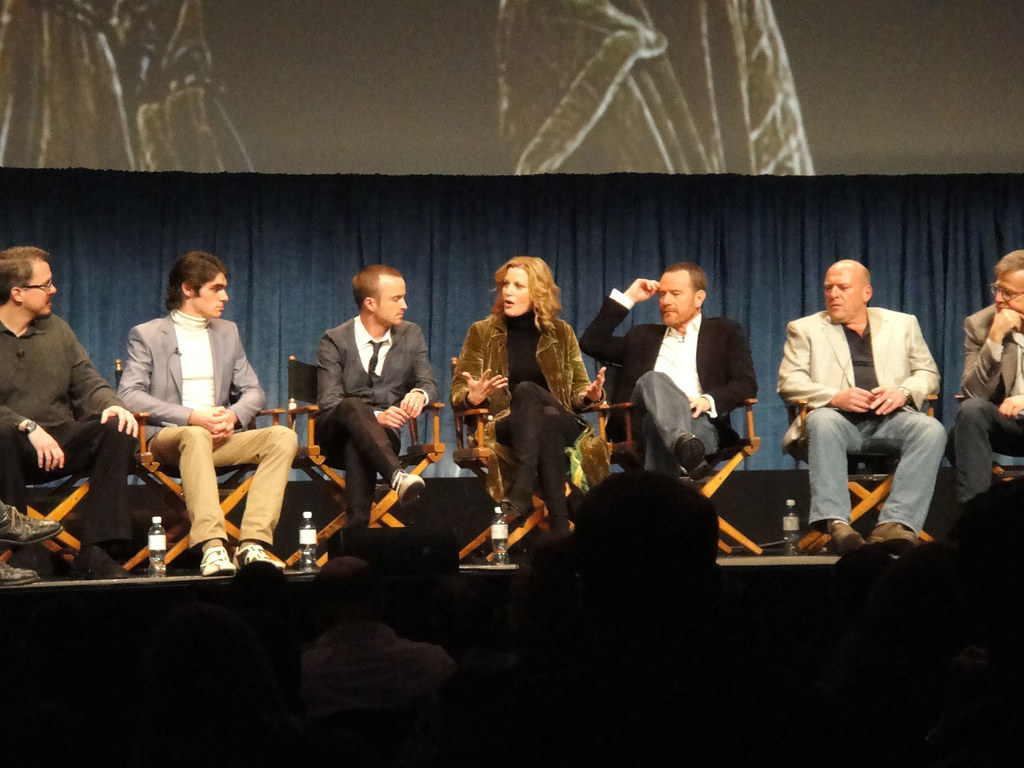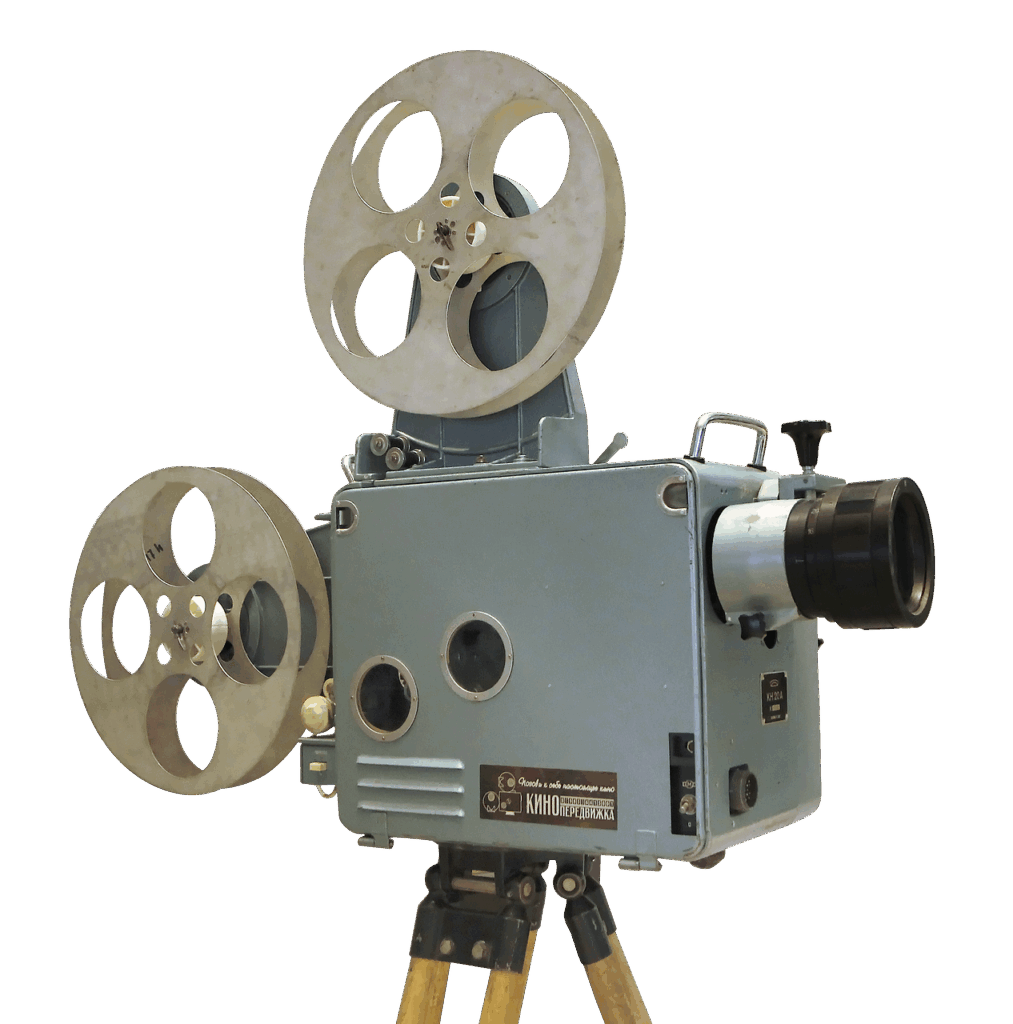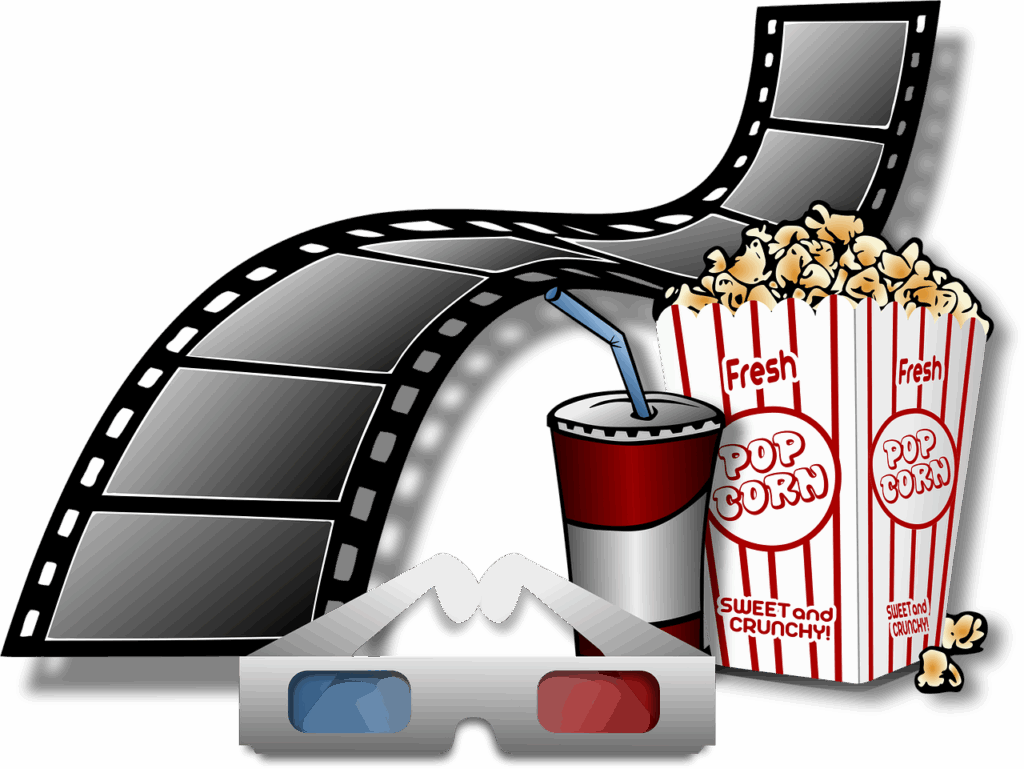
The entertainment industry is mourning the loss of Ron Dean, a beloved and prolific character actor whose authentic performances and indelible presence graced both the big and small screens for over five decades. Dean, best known for his roles in seminal films like “Risky Business,” “The Breakfast Club,” and “The Fugitive,” passed away on October 5 at a hospital in Chicago. He was 87.
His passing marks the end of a remarkable life and career, one defined by grit, heart, and an unwavering commitment to his craft. Dean embodied a distinct type of American character, often portraying law enforcement officers, blue-collar workers, and tough-guy Chicago types with an honesty that resonated deeply with audiences and critics alike. His ability to bring truth to every moment on screen made him a favorite among casting directors and collaborators.
This in-depth tribute aims to explore the multifaceted career of Ron Dean, from his personal journey and significant collaborations to the iconic roles that cemented his place in cinematic history. We delve into the moments that shaped his legacy, reflecting on a life that transformed from a “troubled youth” into that of a “loving, decent human being and respected talent,” as remembered by his longtime friend and frequent collaborator, director Andrew Davis.
1. **Ron Dean’s Passing and Personal Tributes**Ron Dean passed away at the age of 87 on October 5, at a hospital in his beloved hometown of Chicago. While the specific cause of death has not been disclosed, his longtime partner, Maggie Neff, revealed that he had been battling a long illness. The circumstances surrounding his final moments were particularly poignant, highlighting the deep personal connections he fostered throughout his life.
Neff shared with TMZ that Dean “passed at exactly 4 p.m., after his beloved sisters had said their goodbyes.” She recounted his valiant fight, stating, “He hung on like a warrior to say goodbye to his little sisters.” This testament to his strength and devotion to family paints a picture of a man who cherished his relationships deeply, even in his final hours.
“Then we were alone, and in my arms, I held his hand, and he trusted me when I told him that it was all right to let go,” Neff added, expressing the profound honor of being with him. In another touching reflection, Neff, who was with Dean for 40 years, admitted it was “hard to capture what an extraordinary human being Ron was,” emphasizing the unique and irreplaceable bond they shared. She described their connection as “instantaneous” and “unconditional,” enduring for nearly four decades.
Read more about: Kenny Chesney’s Heartfelt Farewell: Remembering Brett James, Country Music Architect, Lost in Tragic Plane Crash with Family
2. **His Chicago Roots and Authentic Persona**Born on August 15, 1938, in Chicago, Ron Dean was, by all accounts, the embodiment of “Chicago talent.” His deep connection to the Windy City was not merely a geographical fact but a defining characteristic that infused his entire acting career. He often portrayed characters who reflected the strength, resilience, and distinct personality of his hometown, earning him a reputation for authenticity and a relatable blue-collar charm.
A Reel Chicago obituary aptly described him as “a tough-as-nails character actor” who “carried the heart of his hometown in all of his roles.” This sentiment was echoed by a colleague who shared, “Ron Dean was the real deal. He never faked a moment on screen. Everything he did came from truth, and that’s why audiences loved him.” This inherent honesty made him a favorite, particularly for roles as cops, detectives, and working-class Chicagoans.
Director Andrew Davis, reflecting on Dean’s essence, stated, “He was the essence of what Chicago talent represented.” Dean’s ability to imbue his characters with a genuine, grounded quality stemmed directly from his roots and life experiences. His portrayals were never caricatures but rather deeply felt explorations of the ordinary, extraordinary people one might encounter in the vibrant neighborhoods of Chicago.
Read more about: Scarlett Johansson’s Defining Connection: Unpacking Robert Redford’s Memorable Characterization of Her Early Stardom

3. **Collaboration with Director Andrew Davis**One of the most significant and enduring professional relationships in Ron Dean’s career was his frequent collaboration with director Andrew Davis. Davis, a fellow Chicagoan, recognized Dean’s unique talent and authenticity, casting him in no less than seven of his films. This partnership became a hallmark of both their careers, with Dean consistently delivering memorable performances under Davis’s direction.
Their work together spanned several decades and included notable titles such as “The Fugitive,” “Above the Law,” “Code of Silence,” “Steal Big Steal Little,” “Chain Reaction,” and “The Guardian.” This extensive collaboration underscores the profound trust and mutual respect between the actor and director. Davis saw in Dean not just a performer, but a conduit for the gritty realism and emotional depth he sought in his storytelling.
Following news of Dean’s death, Davis released a touching statement to Deadline, remembering his “dear friend” as a “tremendous actor.” He lauded Dean’s ability to turn his life around from a “very troubled youth” to become “a loving, decent human being and respected talent.” This personal endorsement from a director who witnessed his talent firsthand speaks volumes about Dean’s character and professional stature within the industry.
Read more about: Denzel Washington’s Next Chapter: Unpacking the Speculation Around His Illustrious Career and Final Acts

4. **Breakthrough Role in “Risky Business”**Ron Dean’s screen career, which began in the mid-1970s, truly gained momentum in 1983 with his role in the seminal film “Risky Business.” This film, which served as a breakout vehicle for Tom Cruise, also provided Dean with one of his earliest notable performances. He appeared as a detective, a role that would become a frequent fixture throughout his extensive filmography, laying the groundwork for his established persona.
In “Risky Business,” Dean showcased his ability to deliver a grounded and authoritative performance, even in a relatively small part. His presence on screen, often conveying a no-nonsense demeanor, added a layer of realism to the film’s narrative. This early collaboration with Tom Cruise would prove to be significant, as they would reunite on screen multiple times in the years that followed, forging an unexpected but impactful cinematic connection.
The film’s success and its lasting cultural impact meant that Dean’s performance, though not central, was seen by a wide audience, establishing him as a recognizable face in Hollywood. It was a crucial step in a career that would consistently see him sharing the screen with some of the biggest names in the business, always bringing his distinctive Chicago sensibility to the forefront.
5. **Iconic Portrayal in “The Breakfast Club”**Perhaps one of Ron Dean’s most widely recognized and beloved roles came in John Hughes’ 1985 classic, “The Breakfast Club.” In this iconic coming-of-age film, Dean portrayed the father of Andrew Clark, played by Emilio Estevez. His brief yet memorable appearance left a lasting impression on audiences, cementing his status in popular culture and introducing him to a generation of filmgoers.
Dean’s portrayal of the strict, athletic-minded father captured the generational disconnect and parental pressures central to the film’s themes. His character’s expectations for Andrew, a wrestler, perfectly encapsulated the often-unspoken demands placed upon teenagers. Despite limited screen time, his performance resonated deeply, making him an integral part of one of the most culturally significant films of the 1980s.
Fans often recall his role in “The Breakfast Club” with great fondness, with one person commenting on social media, “You will be remembered for that role which only you could have done in The Breakfast Club.” This sentiment underscores the unique impact Dean had, demonstrating his ability to make even supporting characters feel essential and authentic. It remains a performance that many cite when remembering his impressive career.
Read more about: 14 Totally Underrated ’80s Actors Who Deserved Way More Shine!

6. **Further Collaborations with Tom Cruise: “The Color of Money” and “Cocktail”**Following their initial collaboration in “Risky Business,” Ron Dean and Tom Cruise reunited on screen for two more significant films in the late 1980s, further solidifying their unexpected professional connection. These subsequent appearances provided Dean with additional opportunities to showcase his versatility alongside one of Hollywood’s burgeoning superstars, contributing to the rich tapestry of his filmography.
In Martin Scorsese’s 1986 drama “The Color of Money,” Dean appeared with Cruise and Paul Newman, adding another prestigious credit to his resume. This multi-Oscar nominee offered Dean a chance to work within a highly acclaimed production, further demonstrating his capability to hold his own alongside legendary actors. His presence contributed to the film’s authentic atmosphere, a quality he consistently delivered.
Their third collaboration came in 1988 with Roger Donaldson’s “Cocktail,” where Dean took on the role of Cruise’s uncle. This portrayal showcased a different facet of his acting range, offering a more familial and perhaps lighter touch to his often-tough characterizations. These repeat performances with a major star like Cruise speak volumes about Dean’s reliability, talent, and the respect he earned within the industry.
7. **Early Television Guest Appearances and Series Roles**Beyond his impactful film roles, Ron Dean maintained a consistent and active presence on television, particularly during the 1980s and into the 1990s. His versatility allowed him to seamlessly transition between the big screen and episodic television, making guest appearances on a multitude of popular series and often taking on recurring roles that further showcased his dependable talent. This dual career path was a testament to his work ethic and demand as a character actor.
During the 1980s, Dean made notable guest appearances on several prominent TV shows. He appeared alongside William Shatner in an episode of “T. J. Hooker,” demonstrating his capacity for dramatic roles within the police procedural genre. He also lent his talents to series such as “Wiseguy,” “Crime Story,” and “Lady Blue,” further solidifying his presence in the burgeoning television landscape of the era.
These early television credits were crucial in establishing Dean as a reliable and recognizable actor, even before some of his most iconic film roles. His ability to portray diverse characters, often within the confines of law enforcement or working-class settings, made him a sought-after presence for television producers looking for authentic and impactful performers to enhance their storytelling. It set the stage for a television career that would span decades and include roles on some of the most acclaimed shows.”
Read more about: Beyond the Limelight: Exploring the Intellectual Journeys of Public Figures in Philosophy and Particle Physics
8. **Landmark Role in “The Fugitive” (1993)**One of Ron Dean’s most acclaimed and widely recognized performances came in 1993 with the Best Picture Oscar nominee, “The Fugitive.” In this thrilling update of the 1960s TV series, Dean delivered a powerful portrayal as a Chicago police officer, working alongside Harrison Ford’s Dr. Richard Kimble and Tommy Lee Jones’s Samuel Gerard. His presence in this high-profile film, directed by his frequent collaborator Andrew Davis, was a testament to his consistent ability to command the screen in significant productions.
His role, though not the lead, was pivotal in a scene that left a profound impression on the film’s star. Director Andrew Davis recounted how the “interrogation scene in The Fugitive with Ron Dean and Joe Kosala deeply moved Harrison Ford.” Dean’s performance, coupled with Kosala’s, helped to vividly capture “the audience’s empathy for the totally distraught Dr. Kimball,” leading Ford to express his appreciation to Davis after a screening.
Dean’s depiction of a “tough, cynical, unjust” Chicago cop in this sequence was crucial. It provided a stark contrast to Kimble’s despair, effectively amplifying the film’s central conflict and drawing audiences deeper into the narrative. This ability to convey complex emotions and societal dynamics through his characters was a hallmark of Dean’s unique acting style, rooted in his authentic Chicago sensibility.
The film’s massive critical and commercial success further solidified Dean’s reputation within the industry. It showcased his talent on a global stage, proving his capability to deliver memorable, impactful performances within a star-studded cast and a critically acclaimed production, contributing significantly to its enduring appeal and cinematic legacy.
9. **Memorable Performance in “The Dark Knight” (2008)**Decades into his illustrious career, Ron Dean continued to captivate audiences with roles in some of the biggest cinematic blockbusters. One such iconic appearance was as Detective Wuertz in Christopher Nolan’s globally celebrated 2008 film, “The Dark Knight.” This role placed him squarely within one of the most successful and critically acclaimed superhero movies of all time, a testament to his enduring appeal and the respect he garnered in the industry.
His performance in this billion-dollar-grossing Batman movie introduced him to a new generation of filmgoers, many of whom might have primarily known him from his earlier classic roles. As Detective Wuertz, Dean brought his characteristic gravitas and gritty realism to the sprawling urban landscape of Gotham, providing an authentic anchor to the film’s intense narrative.
Even years after its release, fans continued to remember his contribution to the film. One admirer commented on social media, “Seen him in so many films, but The Dark Knight is where I think of him the most in. R.I.P. Ron Dean.” This heartfelt sentiment underscores the lasting impact of his portrayal and his ability to make even supporting characters an indelible part of a cinematic masterpiece.
Being a part of a film that redefined the superhero genre and achieved such immense critical and commercial success further highlighted Ron Dean’s consistent ability to elevate any project he was a part of. It was a powerful demonstration that his talent and distinct screen presence remained sharp and relevant throughout his extensive career.

10. **Portrayals in Sports Films: “Rudy” and “The Babe”**Beyond his iconic detective and father figures, Ron Dean also left his mark on the sports film genre, delivering memorable performances that resonated deeply with audiences. One of his most cherished roles came in the inspirational 1993 film “Rudy,” where he portrayed Coach Yonto, an assistant coach at Notre Dame. This role allowed Dean to embody another facet of the blue-collar, dedicated individual, a character type he perfected throughout his career.
Dean’s portrayal of Coach Yonto was particularly notable for its authenticity and warmth. He famously delivered the heavily Chicago-accented line, “Yeah, kid, you’re on the team!” to Daniel “Rudy” Reuttiger, a moment that became one of the film’s most memorable and heartwarming. The real Joe Yonto, whom Dean portrayed, was a significant figure in Notre Dame football, serving as a defensive line coach and defensive coordinator under legendary coaches like Ara Parseghian, Dan Devine, and Lou Holtz, adding a layer of historical accuracy to Dean’s performance.
Further showcasing his versatility, Dean also appeared in the 1992 film “The Babe,” starring John Goodman as the legendary baseball player Babe Ruth. While a smaller role, his inclusion in another prominent sports drama underscored his consistent demand as an actor who could bring a grounded and believable presence to diverse cinematic settings.
These roles in beloved sports dramas demonstrated Ron Dean’s capacity to inhabit characters from all walks of life, adding authenticity and heart to the narratives. His performances in “Rudy” and “The Babe” further cemented his status as a character actor capable of making a significant impact, even in supporting capacities, enriching the emotional fabric of these films.
11. **Diverse Filmography: “The Package,” “Nothing in Common,” “The Client,” and Other Notable Works**
Ron Dean’s filmography was remarkably diverse, extending beyond his well-known collaborations with Tom Cruise and Andrew Davis to include appearances in numerous other significant productions throughout the 1980s and 1990s. His consistent presence in films featuring acclaimed directors and A-list actors underscored his reputation as a reliable and respected talent in Hollywood.
In 1989, Dean appeared in the espionage thriller “The Package,” sharing the screen with cinematic giants Gene Hackman and Tommy Lee Jones. This role provided another opportunity for Dean to demonstrate his ability to hold his own alongside powerful performers, contributing to the film’s gritty realism and tension. His participation in such a high-caliber production further solidified his standing in the industry.
He also lent his talents to Garry Marshall’s 1986 comedy-drama “Nothing in Common,” starring Tom Hanks and the legendary Jackie Gleason in his final film role. Dean’s inclusion in this emotionally resonant film showcased his range beyond tough-guy roles, proving his adaptability to different genres and his ability to work seamlessly within diverse ensemble casts.
Throughout the 90s, Dean continued to work steadily, appearing in thrillers like “The Client” (1994) with Susan Sarandon, “Eye for an Eye,” and another Andrew Davis collaboration, “Chain Reaction.” He also featured in Arthur Hiller’s “Teachers,” alongside Nick Nolte. Each of these roles, whether large or small, benefited from Dean’s inherent authenticity and his unwavering commitment to bringing truth to every character, making him a valued asset in any production.

12. **Prolific Television Career: From “Frasier” to “Early Edition”**While Ron Dean’s film career garnered significant attention, his television work was equally extensive and impactful, allowing him to connect with audiences on a weekly basis across various popular series. He was a familiar face on the small screen for decades, proving his versatility and demand as a character actor who could adapt to the fast-paced world of episodic television.
One of his most beloved recurring roles was on the critically acclaimed NBC sitcom “Frasier,” where he appeared in multiple episodes, including during Seasons 1 and 2 when the show famously won the Emmy for Outstanding Comedy Series. Dean portrayed Frank Collins, a Seattle police officer and a regular poker buddy of Dr. Frasier Crane’s father, Martin Crane (played by the late John Mahoney). This role allowed him to showcase a lighter, more comedic side, demonstrating his impressive range beyond dramatic parts.
Dean also had a significant recurring role in “Early Edition,” a popular CBS fantasy drama starring Kyle Chandler, appearing in more than a dozen episodes. His consistent presence on this show, which blended elements of mystery, drama, and heartwarming storytelling, further solidified his reputation as a dependable and recognizable television actor, capable of contributing to a show’s long-term narrative arc.
These roles on highly successful and Emmy-winning television series were instrumental in broadening Ron Dean’s audience and cementing his status as a versatile performer. They demonstrated his ability to not only contribute to individual episodes but to become an integral, memorable part of ongoing series, proving his invaluable contribution to the golden age of television drama and comedy.

13. **Continuing TV Presence: “ER,” “NYPD Blue,” “The West Wing,” and “Chicago” Series**Ron Dean’s commitment to television remained unwavering throughout the turn of the millennium and into the later stages of his career. He continued to be a sought-after guest star and recurring player on some of the era’s most acclaimed and popular shows, further expanding his extensive and impressive list of credits across the small screen.
His guest appearances included prestigious dramas such as “ER,” “Chicago Hope,” and “NYPD Blue,” where he even returned to play a different character after an earlier guest spot. Dean also graced the halls of the White House in “The West Wing” and delved into forensic investigations in “CSI: Crime Scene Investigation,” showcasing his ability to blend seamlessly into diverse and complex narratives.
Further demonstrating his range, he appeared in crime procedurals like “Cold Case,” “Numbers,” and “Without a Trace,” as well as family dramas such as “Family Law” and the short-lived series “The Beast,” starring Patrick Swayze. Each role, however brief, benefited from his inherent authenticity and powerful screen presence, making him a memorable addition to an impressive array of productions.
Bringing his career full circle to his beloved hometown, Dean took on a notable recurring role in “Chicago Fire” as James Whoritsky, the Commanding Chief Fire Marshal of the CFD’s Office of Fire Investigations. His final on-screen credit was in a 2016 episode of “Chicago P.D.,” marking a poignant conclusion to a prolific career rooted in the city he so authentically represented throughout his work. These roles cemented his legacy as a true Chicago talent, contributing to the very fabric of the city’s cinematic and television identity.
14. **Stage Work and Enduring Legacy**Beyond his extensive film and television career, Ron Dean was a respected figure in Chicago theater, a testament to the depth of his craft and his dedication to the performing arts. His work on stage provided another dimension to his versatile talents, allowing him to hone his skills and connect with audiences in a more intimate setting, reflecting the vibrant theatrical scene of his hometown.
Dean performed in several Chicago stage productions, notably in David Mamet’s “Lakeboat” at the Goodman Theatre in 1982, showcasing his commitment to classic and contemporary American playwriting. His dedication to theater was recognized with a 1996 Joseph Jefferson Award nomination for Actor in a Supporting Role for his performance in “Supple in Combat” with the Steppenwolf Theatre Company, highlighting his critical acclaim on the stage.
Ron Dean’s legacy is ultimately defined by his unwavering dedication to authenticity and his ability to imbue every character with genuine human emotion, often reflecting the strength and soul of Chicago itself. As a colleague aptly put it, “Ron Dean was the real deal. He never faked a moment on screen. Everything he did came from truth, and that’s why audiences loved him.” This sentiment perfectly encapsulates his impact, further evidenced by his shared Best Ensemble Cast award from the Chicago Comedy Film Festival in 2013 for “One Small Hitch.”
His longtime partner, Maggie Neff, beautifully articulated the essence of his character, recalling a friend who said she’d “rather grab a hot dog with Ron Dean than have a fancy dinner with some rich bloke,” a sentiment Neff herself shared. Director Andrew Davis also reflected on Dean’s remarkable transformation from a “very troubled youth” to “a loving, decent human being and respected talent.” These tributes speak volumes about the man behind the performances, an individual who touched lives both on and off screen.
Read more about: Beyond the Limelight: 14 A-List Celebrities Forging New Legacies as Tech and Business Investors
Ron Dean was more than just a character actor; he was a profound presence, a storyteller whose grit and heart brought an undeniable truth to every role. From the streets of Chicago to the bright lights of Hollywood and the intimacy of the stage, he left an indelible mark on the entertainment world. His passing leaves a void, but his extensive body of work and the genuine affection he inspired will ensure his legacy endures for generations to come, a true testament to a life well-lived and a craft mastered with unwavering dedication.











